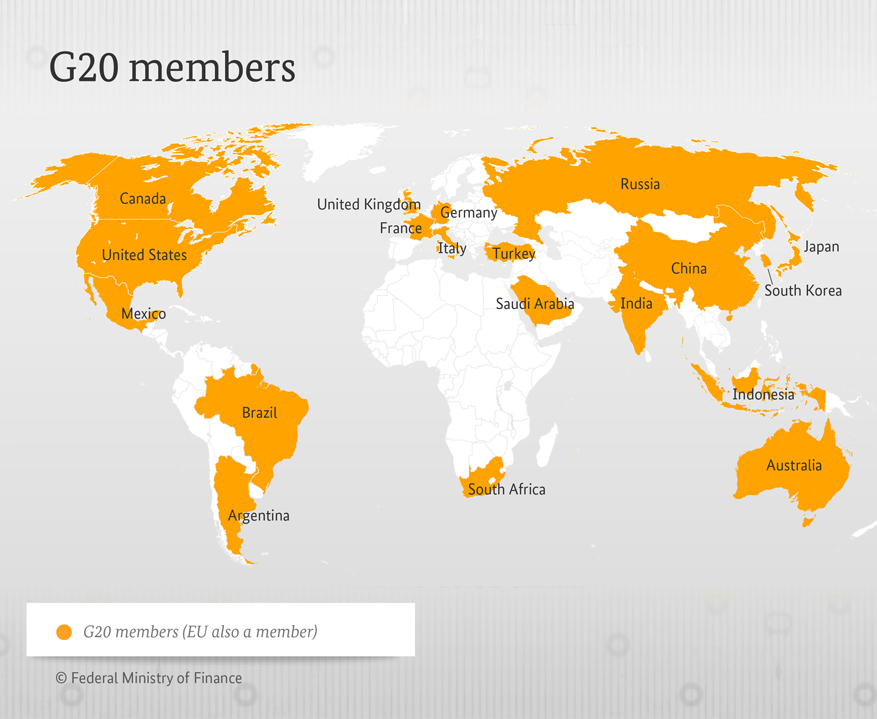7667766266
enquiry@shankarias.in
Why in news?
The leaders of the world's twenty major economies gathered in Italy's Rome on Saturday for a two-day summit centred on the issues of climate change, Covid-19 and economic recovery.

References